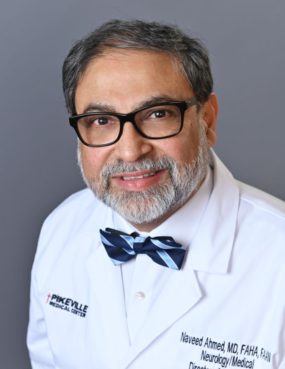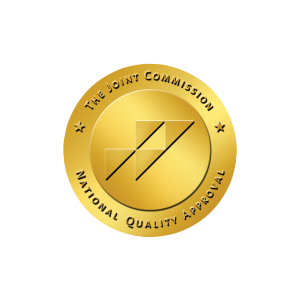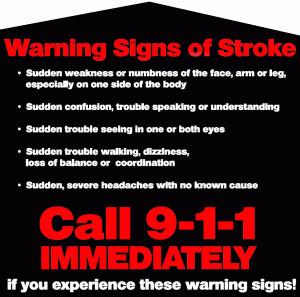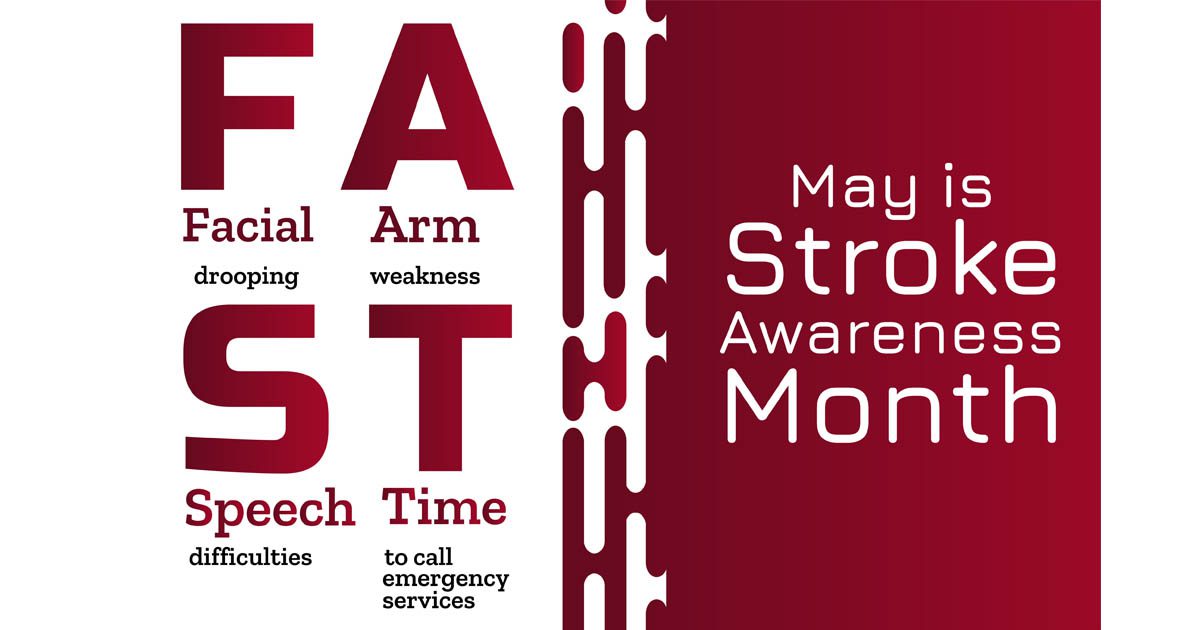PMC awarded Advanced Certification for Primary Stroke Centers
PIKEVILLE — Pikeville Medical Center (PMC) announced that it has earned The Joint Commission’s Gold Seal of Approval® and the American Heart Association/American Stroke Association’s Heart-Check mark for Advanced Certification for Primary Stroke Centers. The Gold Seal of Approval® and the Heart-Check mark represent symbols of quality from their respective organizations. PMC has received this honor for eight consecutive years.
The hospital recently underwent a rigorous onsite review during which experts from The Joint Commission evaluated compliance with stroke-related standards and requirements. This included program management, the delivery of care and performance improvement.
“Pikeville Medical Center has thoroughly demonstrated the greatest level of commitment to the care of stroke patients through its Advanced Certification for Primary Stroke Centers,” said Wendi J. Roberts, RN, executive director, Certification Programs, The Joint Commission. “We commend Pikeville Medical Center for becoming a leader in stroke care, potentially providing a higher standard of service for stroke patients in its community.”
“We congratulate Pikeville Medical Center for achieving this designation,” said Nancy Brown, CEO of the American Heart Association/American Stroke Association. “By adhering to this very specific set of treatment guidelines, Pikeville Medical Center has clearly made it a priority to deliver high quality care to all patients affected by stroke.”
PMC officials were pleased to once again receive Advanced Certification for Primary Stroke Centers.
“Pikeville Medical Center is pleased to receive advanced certification from The Joint Commission and the American Heart Association/American Stroke Association,” said Dr. Naveed Ahmed, PMC neurologist and medical director of the Primary Stroke Center. “This award is a great honor and is only possible thanks to the dedication of our stroke team and continued support of PMC’s administration.”
Established in 2003, Advanced Certification for Primary Stroke Centers is awarded for a two-year period to Joint Commission-accredited acute care hospitals. The certification was derived from the Brain Attack Coalition’s “Recommendations for the Establishment of Primary Stroke Centers” (JAMA, 2000) and the “Revised and Updated Recommendations for the Establishment of Primary Stroke Centers” (Stroke, 2011).
On average, someone suffers a stroke every 40 seconds; someone dies of a stroke every four minutes; and 795,000 people suffer a new or recurrent stroke each year.













 Knowing your risk factors is the key to prevention. You can learn about your risk factors by having regular medical checkups. Some rick factors can be changed or treated. It is critical for those who have experienced a stroke or TIA to manage risk factors and be compliant with prescribed medications. The rick of a stroke is 10 times greater in patients who have already had a stroke or TIA than it is in those who have never experienced one.
Knowing your risk factors is the key to prevention. You can learn about your risk factors by having regular medical checkups. Some rick factors can be changed or treated. It is critical for those who have experienced a stroke or TIA to manage risk factors and be compliant with prescribed medications. The rick of a stroke is 10 times greater in patients who have already had a stroke or TIA than it is in those who have never experienced one.


















